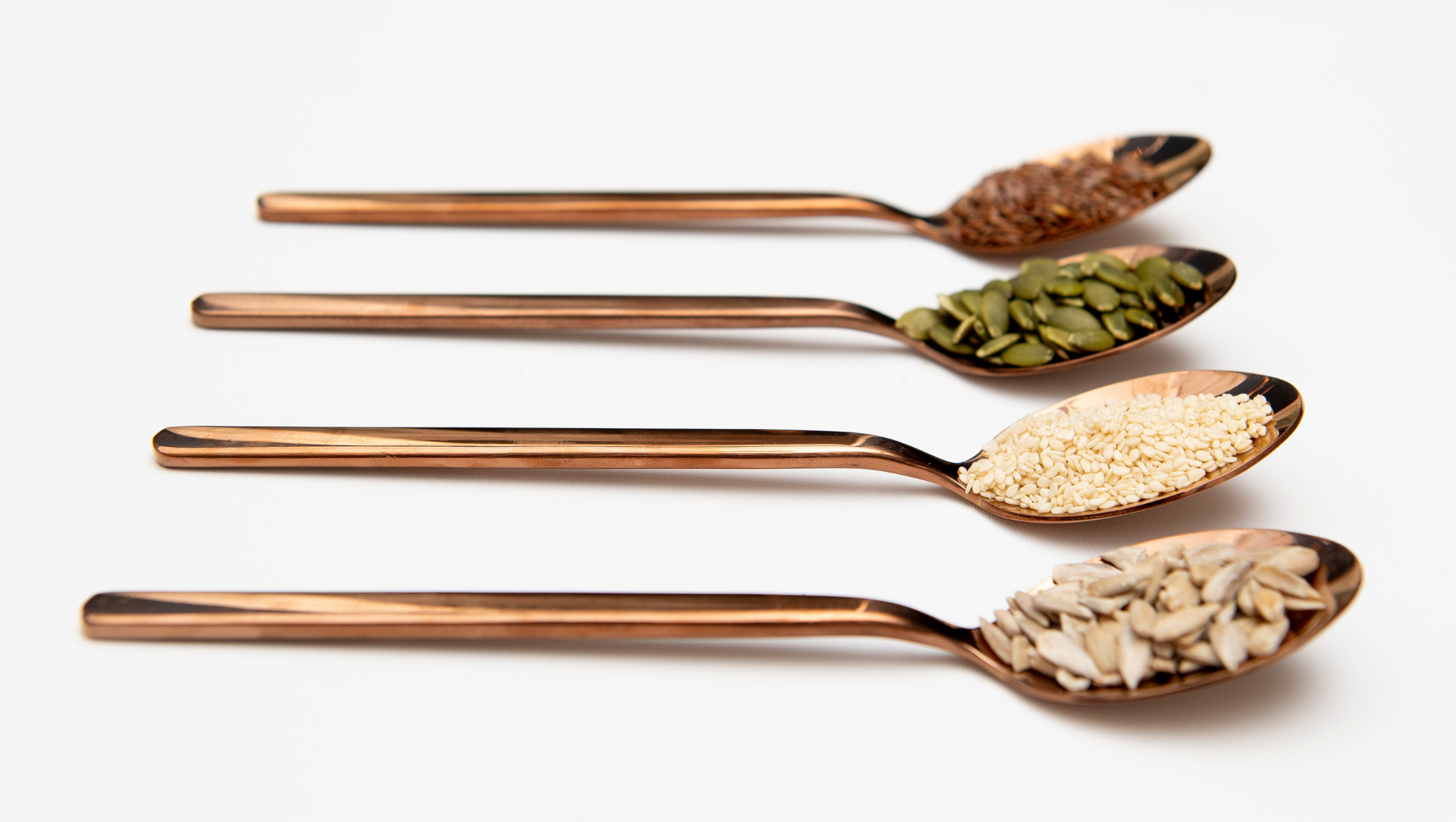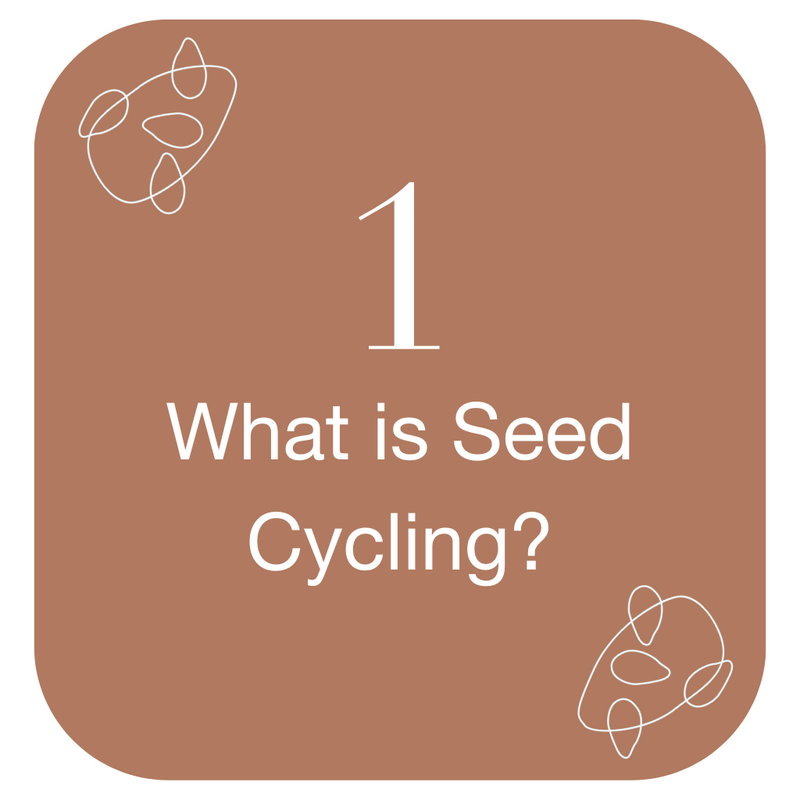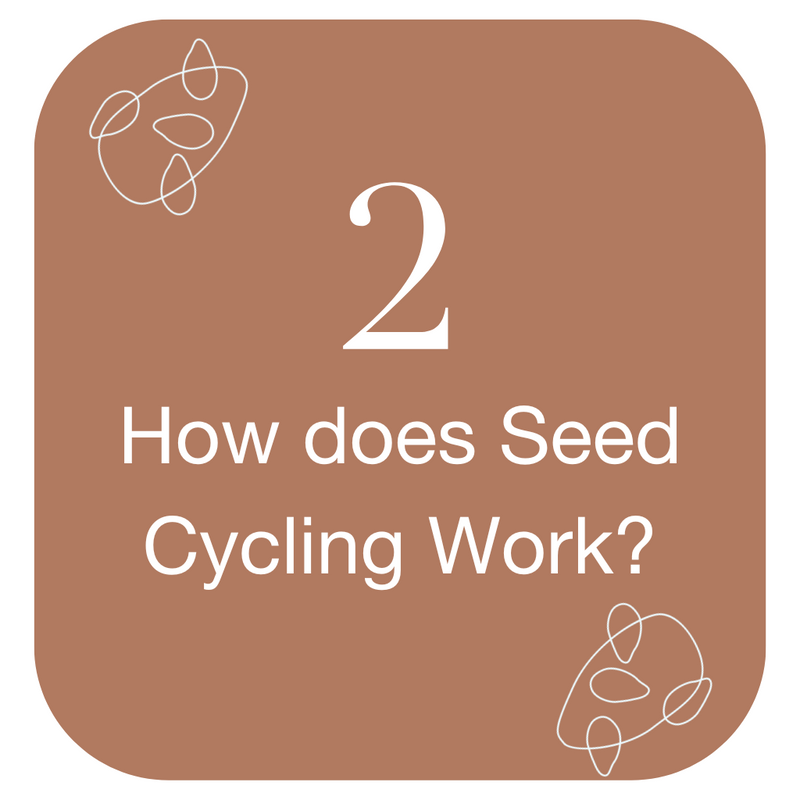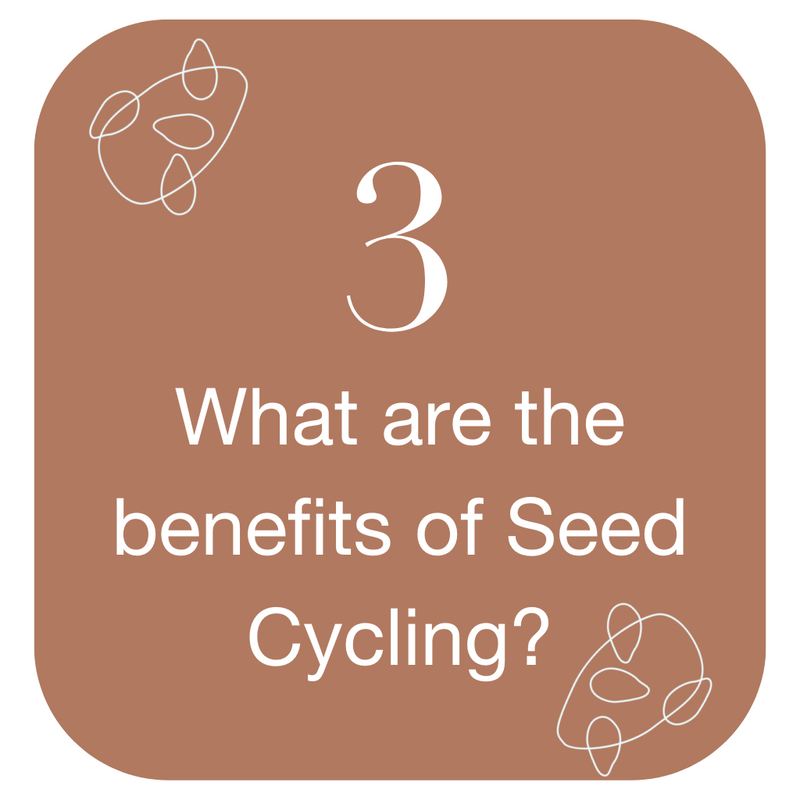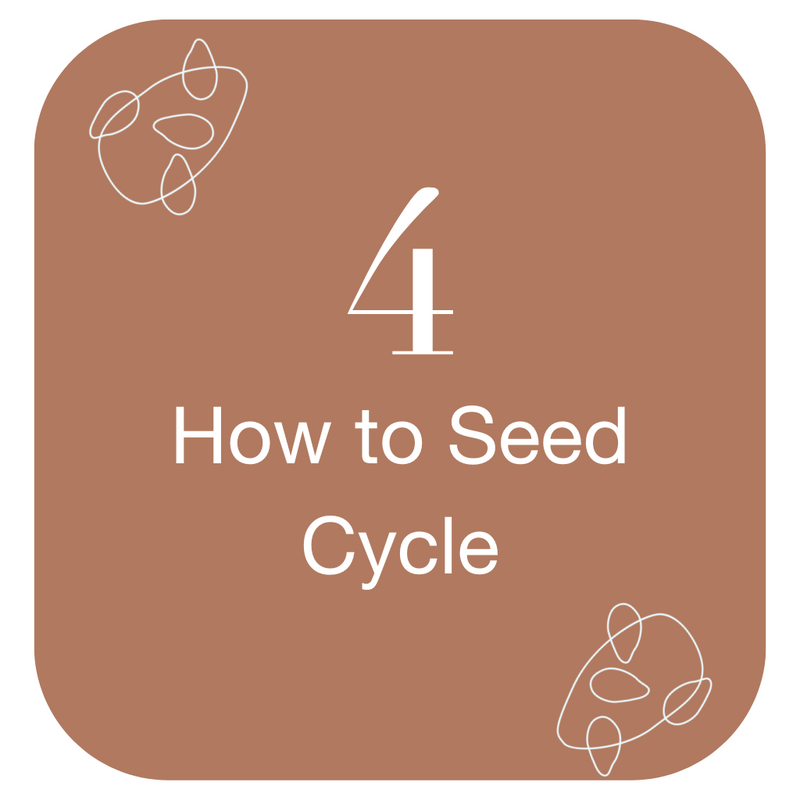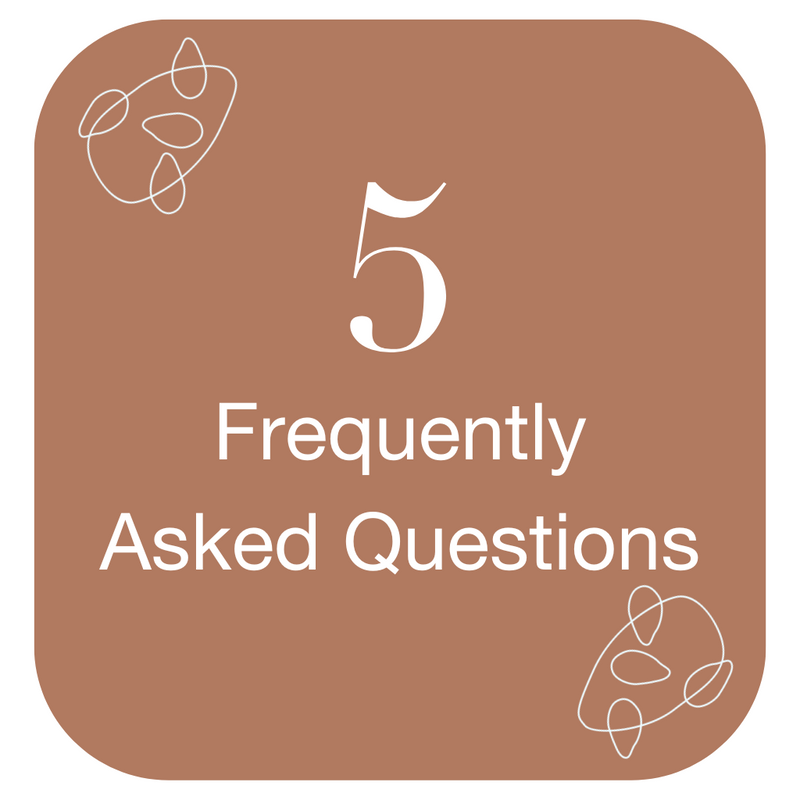Your One-Stop Source for the Latest Research on Seed Cycling
Welcome to the most up-to-date, comprehensive hub for seed cycling science and insights. Whether you're a practitioner, health enthusiast, or someone just curious about natural hormone support, this article gathers the best available research, expert opinions, and clinical studies all in one place.
At The Seed Cycle, we’re committed to keeping you informed with the latest evidence around seed cycling—an approach used to support hormone health using four simple seeds. From PCOS and fertility to menopause and metabolic support, we break down complex findings into practical, easy-to-understand insights. As new studies emerge, we continue updating this guide to reflect the evolving science, so you always have access to the latest information backed by both data and real-life success stories.
What is Seed Cycling?
Seed cycling is a simple, natural method that can support hormone balance in women. It involves eating four types of seeds—flaxseeds, pumpkin seeds, sunflower seeds, and sesame seeds—during specific phases of the menstrual cycle. For those not menstruating, it can also be practiced in alignment with the lunar cycle.
This practice has its roots in traditional Chinese medicine and is considered a form of "Food as Medicine." Today, it’s supported by emerging scientific research and is commonly recommended by naturopaths, nutritionists, and acupuncturists for managing hormone-related symptoms like PMS, acne, irregular periods, PCOS, and menopause
Hormone levels in women naturally shift throughout the month, influenced by stress, diet, sleep, exercise, and environment. These changes can lead to symptoms like PMS, acne, irregular cycles, PCOS, thyroid issues, and fatigue.
Seed cycling supports hormone balance by using nutrients in specific seeds during the follicular and luteal phases of the cycle. This can ease common symptoms such as mood swings, cramps, breast tenderness, and support regular ovulation.
Expert Insights on Seed Cycling
“We use seed cycling as a natural technique to stimulate and balance sex hormones through the month.” – The Natural Nutritionist, 2023Food as Medicine & Functional Foods
Food as Medicine is the idea that whole foods, like seeds, can play a powerful role in preventing and managing disease. Functional foods contain nutrients or compounds like lignans, omega fatty acids, and minerals that go beyond basic nutrition.
Seed cycling fits into this approach by delivering hormone-supportive compounds through everyday foods, often alongside traditional or medical treatments.
How Each Seed Supports Hormonal Health
Flaxseeds
Rich in lignans, which help support and balance estrogen levels. They’re linked to longer luteal phases and improved ovulation.
May reduce anovulatory cycles.
Improve progesterone-to-estrogen ratio.
Lower excess estrogen.
Pumpkin Seeds
High in zinc, which boosts progesterone and supports ovulation.
Zinc increases FSH levels.
Supports healthy testosterone levels.
Sesame Seeds
Contain lignans and omega-6 fatty acids.
Help block excess estrogen.
Support painful periods and reduce inflammation.
Zinc assists in progesterone production.
Sunflower Seeds
Rich in selenium and vitamin E.
Support liver detoxification of estrogen.
Promote progesterone production.
May improve fertility markers.
Seed Cycling for PCOS
PCOS can cause symptoms like irregular periods, acne, hair loss, mood swings, and insulin resistance. Diet and lifestyle changes can make a big difference, and seed cycling offers a targeted, natural option.
Studies show that flaxseeds can lower androgen levels and reduce breast tenderness. A 2015 study showed that daily flaxseed intake reduced the number and size of ovarian cysts in women with PCOS.
PCOS 2023 Study (read full study)
This 3-month study with 60 women, grouped into control, metformin, and seed cycling groups, found:
Weight loss in the seed cycling group.
Decreased FSH and LH.
36% experienced full cyst degeneration.
Improved TSH and prolactin levels.
New Research in Seed Cycling for PCOS
Study 1: Ajith & Meera (2024)
This open-label trial involved 30 women aged 18–31 diagnosed with PCOS using the Rotterdam criteria. Participants consumed 10g of flax, pumpkin, sunflower, and sesame seeds daily for 3 months. Researchers tracked menstrual history, blood sugar, weight, BMI, and hirsutism.
While the results have not yet undergone peer review, the study showed improved menstrual regularity and hormone balance—supporting seed cycling’s potential as a nutritional intervention. (Reference available upon request.)
Study 2: PCOS RCT (2024)
Involving 290 women with PCOS aged 21–40, this randomized study compared:
Group 1: Metformin (500mg/day) + portion-controlled diet
Group 2: Seed cycling + portion-controlled diet
Results in the seed cycling group:
FSH ↓ 41.61% (p < 0.05)
LH ↓ 35.87% (p < 0.05)
Prolactin ↓ 13.37%
Testosterone ↓ 3.42%
These findings suggest that seed cycling, when combined with dietary management, can significantly improve hormone markers in women with PCOS—potentially even more effectively than Metformin alone.
Seed Cycling for Fertility
Seed cycling can support fertility by helping regulate estrogen and progesterone, two key hormones for conception. It may also encourage ovulation and menstrual regularity. In Chinese medicine, seeds are often used symbolically and physically to nourish reproductive health.
While it won’t treat complex fertility issues on its own, seed cycling is a gentle tool to support hormone health for those trying to conceive.
Seed Cycling and Insulin Sensitivity
For women with PCOS or insulin resistance, blood sugar regulation is crucial. A 2020 study found flaxseed supplementation improved insulin sensitivity and supported weight loss.
A 2021 study showed that phytoestrogens in flaxseed bind to estradiol receptors and may have anti-diabetic effects. Pumpkin and flax seeds’ omega-3s also help regulate blood sugar and cholesterol.
Menstrual Regularity and Ovulation Quality
A healthy cycle lasts 21–35 days, with minimal PMS. Zinc, fiber, and other nutrients in seeds may promote regular ovulation and hormone balance—especially in women with PCOS.
Seed Cycling for Inflammation and Chronic Conditions
Omega-3-rich seeds like flax and pumpkin may reduce inflammation and support heart health. Research shows regular flaxseed intake may help prevent breast cancer and regulate cholesterol.
Seed Cycling for Menopause
Conclusion
Seed cycling continues to gain interest for its ability to support hormone health naturally. From PCOS and fertility to menopause and blood sugar balance, this simple nutritional practice is showing promise across many areas of women’s health.
At The Seed Cycle, we didn’t invent seed cycling—but our mission is to make it easy, accessible, and backed by evidence. We break down the research and share stories from real women using our products. Because science matters, but so do real-life results—and in women’s health, both are essential.
You’ll find free resources, case studies, and our certified organic blends on our site. We’re here to make seed cycling part of your wellness journey—without the guesswork.
If you’ve found a study we haven’t included, we’d love to hear about it. Email us at hello@theseedcycle.com.au.
Additional Reading for Menstrual Cycle and Hormone Health
Seed Cycling for Hormone Balance by Dr. Jolene Brighten
Beyond the Pill by Dr. Jolene Brighten
Menstruation: The Sacred Cycle: Redefining our menstrual cycle and PMS by Gina Cloud
Period Power: Harness Your Hormones and Get Your Cycle Book by Maisie Hill
Period Queen: Life hack your cycle and own your power all month long Book by Lucy Peach
Women’s Bodies, Women’s Wisdom, the classic guide to living well in a woman’s body by Christiane Northrup MD
Beautiful Girl: Celebrating the Wonders of Your Body, a guide for girls on the power and beauty of becoming a women by Christiane Northrup, MD
The Ecology of Estrogen in the Female Body, superb and in-depth article by herbalist Juliet Blankespoor
Seeds of Sisterhood: Functional Nutrition EFT Tapping and Seed Cycling for Natural Hormone Balance by Melissa Kovacevic
Disclaimer: The information contained in this website is for general information purposes only and is not meant to substitute professional dietary advice or treatment.
If you have or suspect you may have allergies or medical issues which may be affected by certain foods, or if after taking any of our products you start experiencing any side effects, you should promptly contact your healthcare provider.
Any statements regarding dietary supplements are to be used at your discretion and are not intended to diagnose, treat, cure or prevent any disease.

